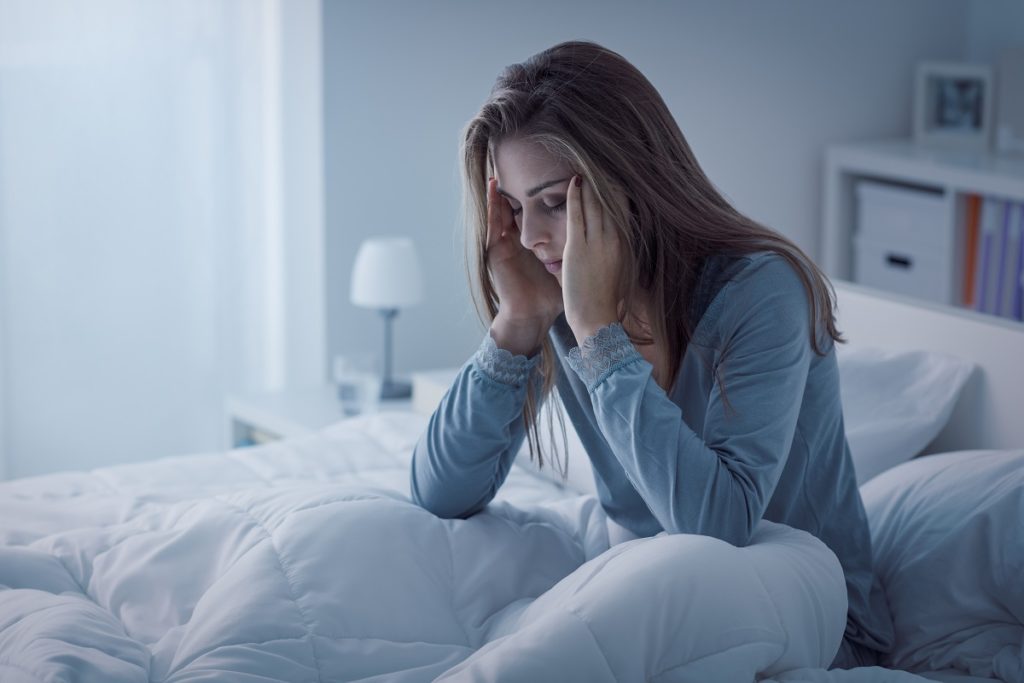We all know we need good sleep for our best health, and this applies to men and women equally. But as it turns out, women are less likely to get good sleep than men!
A National Sleep Foundation (NSF) poll found that two-thirds of women have a sleep problem three or more nights each week, and half of those same respondents said they do not feel refreshed at all when they wake up (https://www.sleepfoundation.org/articles/healthy-sleep-tips-women). Another NSF poll revealed that women were more likely to report having insomnia three or more nights each week, with the average women between 30 and 60 saying they slept just six hours and 41 minutes on weeknights (https://www.sleepfoundation.org/articles/why-are-women-sleepier-men-whats-sleepiness-women).
There are a few reasons that may contribute to women experiencing less sleep. The shifts in progesterone and estrogen women experience during their menstrual cycle are believed to impact the circadian rhythm, and both pregnancy and child care can impact sleep quality and duration. In addition, menopause tends to increase obstructive sleep apnea in women, which brings insomnia. Stress and anxiety, which affects women more than men according to the Office of Women’s Health, can also wreck havoc on sleep (https://www.womenshealth.gov/mental-health/mental-health-conditions/anxiety-disorders).
Getting your zzzs
There are ways to help improve your sleep and the rest you receive from it. Don’t use your electronic devices or watch TV in the last hour before bed as these devices give off blue light than can make your brain believe it’s still daytime. Usually, your brain will start producing the sleep hormone melatonin between nine and ten in the evening. The light coming from your devices can interfere with this process, according to the American Medical Society (https://www.ajpmonline.org/article/S0749-3797%2813%2900322-X/abstract).
Getting some sun every day is necessary for good sleep. Your pineal gland, which produces melatonin, does so in response to the contrast between the bright day sun and the darkness of night. When you are in the dark all day long, this gland will not optimize melatonin production. Your circadian system also needs some bright light to reset itself, so try to get at least ten minutes of morning sunlight to tell your body that day is here, making it less likely to get confused by weaker signals of light during the night.
Last but not least, my sleep-deficient friends, you need to stick to a regular sleeping schedule, getting up and going to bed at around the same time each day. I know that sounds tough with work and family and other commitments, but your body needs regularity to truly work at its best, sleep included.




